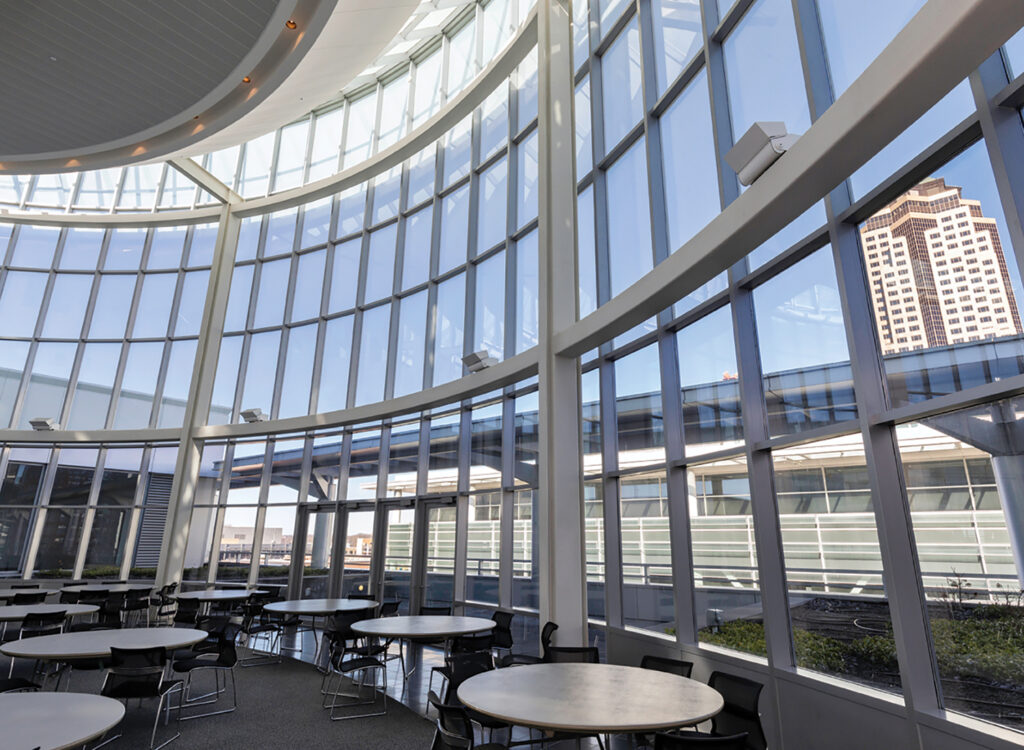The Elbert Files: Book: Why we loved Younkers

Nearly everyone has a favorite Younkers’ story.
Mine involves Kyle McKasson, who ran the morning coffee cart at the downtown skywalk entrance for more than a decade. When the store closed in 2005, Kyle was described as a “downtown icon” because of his ability to recognize customers from afar and have favorite brews ready when they arrived.
Such stories are of little consequence, except that they demonstrate the love affair that existed throughout the 20th century between Younkers and Des Moines.
Vicki Ingham’s new book, “Younkers; The Friendly Store,” is 133 pages of memories and history about Des Moines’ most storied retailer. It went on sale last week and makes a great stocking stuffer for nostalgia buffs.
The Virginia-born magazine editor/writer and painter has lived in Des Moines for 22 years. She was encouraged to write about Younkers by the Des Moines Art Center’s director of education, Jill Featherstone, whose uncle writes department store histories.
Younkers truly is an amazing story. Eight brothers from Lipno, Poland, immigrated to the Midwest at different times during the 1850s. The two oldest sold dry goods in Missouri before moving north to Keokuk, Iowa, where they joined a growing Jewish community.
Three brothers, Lipman, Samuel and Marcus, leased space in 1856 on Main Street in Keokuk for a store called Younker & Bros., serving settlers as far west as Ottumwa and supplying a nearby military camp during the Civil War.
After the war when rail service was extended to Des Moines, Samuel Younker was aboard the first passenger train to arrive in Des Moines on Aug. 29, 1866.
The capital city was growing quickly with a population equal to Keokuk of about 8,000. But so was competition. The city already had 22 dry goods stores in 1866, and Samuel apparently decided that was too many, because eight years passed before brother Herman entered the Des Moines market.
By 1874 the city’s population had doubled and the number of dry goods stores had declined, Ingham wrote.
Herman’s first Des Moines store was at the northeast corner of Sixth and Walnut. As more family members arrived, the store moved one block east to 423 Walnut St., then back to an enlarged building at 515-517 Walnut St. in 1881.
The iconic downtown store that burned to the ground two years ago was erected on the northwest corner of Seventh and Walnut in 1899.
A series of mergers and buyouts in the years that followed transferred ownership to the Mandelbaum, Frankel and Rosenthal families before Younkers sold shares to the public in 1948.
By then, the retailer had rung up a long string of local firsts.
In 1880, Younkers was the first to hire a female clerk, Mary McCann, a 30-year-old widow. McCann initially stayed in the rear of the store, but female customers soon sought her out because they liked the idea of being waited on by a woman, Ingham wrote.
In 1936, Younkers was the first local retailer with air conditioning.
In 1939, it was the first to install an escalator. The “Electric Stairs” were a big hit and solved a perennial department store problem. “Slightly more than one-quarter of those entering a multi-level store went beyond the first floor,” Ingham wrote.
In 1940, the store began using Charga-Plate, a precursor to credit cards.
Younkers also had the Tea Room, the French Room for designer clothes, a Store for Homes, a Youth Board, its own dressmaker and many other amenities.
A series of ownership changes in the past 30 years resulted in moving the Younkers headquarters out of Des Moines in 2002. But while it lasted, the closeness between Des Moines and Younkers was a community asset shared by all.










